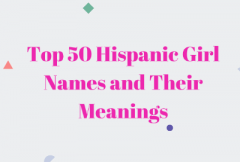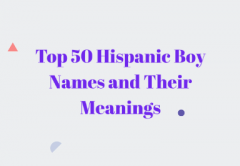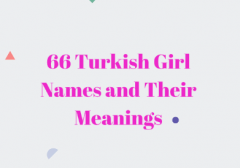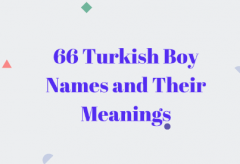
Muslim last names carry deep cultural, religious, and historical meanings that reflect the rich heritage of Islamic communities across the world. These surnames often connect individuals to their ancestors, faith, or region, offering insight into their background and identity. Understanding the origins and meanings of Muslim last names not only helps in appreciating Islamic culture but also provides a lens into its traditions and values.
Origins of Muslim Last Names
Muslim surnames often derive from a variety of sources, including:
1. Tribal Affiliation: Many Muslim last names originate from ancient tribal affiliations, such as “Al-Qurashi,” referring to the Quraysh tribe, to which Prophet Muhammad belonged.
2. Geographical Origin: Some surnames reflect a family’s place of origin. For instance, “Al-Baghdadi” indicates someone from Baghdad, and “Al-Misri” refers to a person from Egypt.
3. Patronymic Names: In some cases, Muslim last names are derived from a father's or ancestor's name. A common example is “Ibn” or “Bin,” meaning “son of,” such as “Ibn Abdullah.”
4. Religious Titles: Names like “Al-Hajji” or “Sayyid” reflect religious status, with “Al-Hajji” indicating someone who has completed the pilgrimage to Mecca (Hajj) and “Sayyid” suggesting descent from the Prophet Muhammad.
Popular Muslim Last Names and Their Meanings
1. Khan: A very common surname, particularly among Muslims in South Asia and Central Asia, “Khan” has its roots in the Mongolian empire, meaning “leader” or “ruler.”
2. Hussain: Derived from Arabic, this name means “handsome” or “good.” It also holds significant religious importance as it was the name of Prophet Muhammad’s grandson.
3. Malik: In Arabic, “Malik” means “king” or “sovereign.” It is a widely recognized Muslim surname, used across many Islamic countries.
4. Sheikh: Traditionally a title for elders or respected leaders in Muslim societies, “Sheikh” has evolved into a common last name with roots in religious leadership.
5. Siddiqui: This surname traces its origin to Abu Bakr Siddiq, the first caliph of Islam and a close companion of Prophet Muhammad. The name symbolizes truthfulness and loyalty.
Cultural Importance of Muslim Last Names
Muslim last names are more than just identifiers; they embody cultural values, religious beliefs, and personal history. In some cases, they signify a family’s status or lineage. For example, names like “Syed” or “Sayyid” are traditionally used by descendants of the Prophet Muhammad, indicating a noble lineage.
Many families proudly carry last names linked to their geographical roots, like “Al-Makki,” meaning from Mecca, or “Al-Hijazi,” meaning from the Hijaz region. These surnames are significant markers of a family’s history and place in the larger Muslim world.
Muslim Origin Baby Boy & Girl Names
Naming conventions in Muslim culture often extend to both first and last names, with a focus on meanings and religious significance. When selecting names for children, Muslim families often look for names that carry positive meanings and reflect their Islamic values.
For example, names like "Aisha" (meaning "alive") for girls or "Ahmed" (meaning "praised") for boys are popular choices. These names not only have beautiful meanings but also honor Islamic traditions. Incorporating family surnames with meaningful first names continues the practice of embedding heritage into each generation.
In particular, Muslim Origin Baby Boy & Girl Names tend to be chosen with thoughtfulness, ensuring that the names align with Islamic teachings and convey good qualities like kindness, wisdom, or piety. Surnames further strengthen this tradition, creating a full name that serves as a symbol of both personal identity and cultural heritage.
Conclusion
Muslim last names offer a fascinating insight into the cultural and religious heritage of Islamic communities. These surnames, steeped in history, carry personal, familial, and societal significance. Whether derived from geographical locations, tribal affiliations, or religious titles, Muslim last names are a rich tapestry that reflects the diversity and unity within the global Muslim population.
When paired with thoughtfully chosen first names, such as those found among Muslim Origin Baby Boy & Girl Names, they create a powerful reflection of identity, tradition, and values for generations to come.






